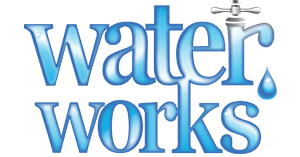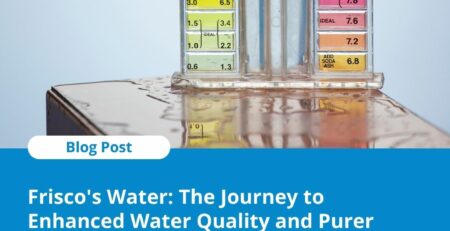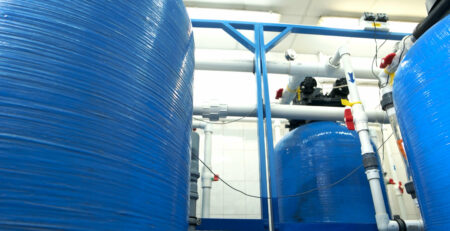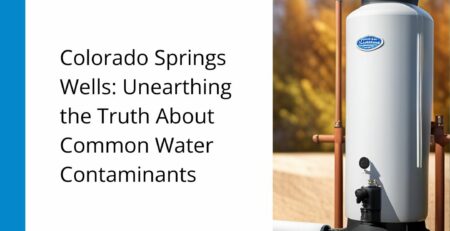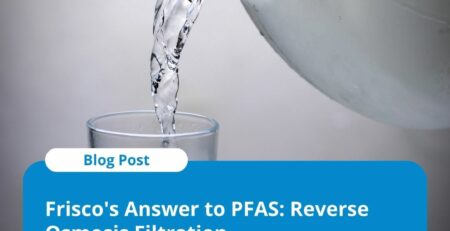How Do I Know if I Have Hard Water?
If you live in an area with hard water, you might be wondering how to tell if your home has hard water. While there are a few ways to test for hardness, the most common way is to look for signs of buildup in your plumbing. If you notice any of the following, it’s likely that you have hard water.
What is hard water and why does it matter?
Hard water is a type of water that contains large amounts of minerals, specifically calcium and magnesium. It’s usually found in areas where the bedrock consists of limestone and chalk, which are full of calcified material. These minerals can affect our lives negatively by clogging plumbing pipes, reducing the efficacy of soaps, leaving soap-scum behind on shower walls and sinks, and causing scaling in water heaters. In essence, hard water impedes common household chores while also adding an extra expense to them due to its damaging effects. Although hard water doesn’t pose any immediate health risks, it’s still important for homeowners to understand how it works and what impacts it can have around their homes.
How can you tell if you have hard water in your home?
One of the telltale signs of hard water in your home is the presence of a white, powdery deposit on appliances or fixtures. This can happen when calcium, magnesium, and other minerals found in hard water begin to accumulate on surfaces over time. Other signs that you may have hard water at home include spotting and staining on dishes and clothing after washing, a build-up of soap scum in bathtubs or sinks, as well as a noticeable decline in the effectiveness of soaps and detergents. Additionally, if you find that it takes numerous refills of the washing machine to get your clothes clean or that your hair feels like straw after showering with tap water, then these could be indicators that you are dealing with hard water in your home.
The effects of hard water on your plumbing and appliances
Hard water can have long-term negative effects on your plumbing and the appliances that rely on it. Over time, hard water leads to the build up of minerals like lime, calcium and magnesium that can cause clogs in plumbing and leave a chalky residue in appliances. Dishes washed in hard water may look cloudy or have white spots, while clothes may feel rougher and gray or dingy. Reduced efficiency of appliances is also a common problem – using hot water will increase mineral deposits, meaning they will need more energy to run correctly. With this in mind, it makes sense to invest in improving the quality of your home’s hard water to avoid these potentially costly problems over the long term.
How to treat hard water with a water softener
Hard water can be a frustrating issue, as it can leave deposits of calcium and magnesium that damage appliances, leave water spots on dishes, and even cause skin irritations such as dryness. Fortunately, a water softener is an easy and effective solution. The most common type uses a process called ion-exchange to replace the hard minerals in your water with sodium ions that don’t cause these problems. Installation is simple and you’ll enjoy much softer water almost immediately. In addition to being gentler on dishes and clothes, soft water also helps reduce energy costs by increasing the efficiency of dishwashers, washing machines, and other appliances that use hot water. With a water softener, hard-water concerns are easily taken care of for good!
Hard water is a problem for many homeowners because it can cause a build-up of minerals in your plumbing and appliances, which can be costly to repair. If you think you might have hard water, there are some easy ways to test for it at home. And if you do have hard water, there are treatments available, like installing a water softener, that can help mitigate the effects. Here at ABC Home Services, we can help you choose and install the right filtration system for your home. Give us a call today to learn more!
